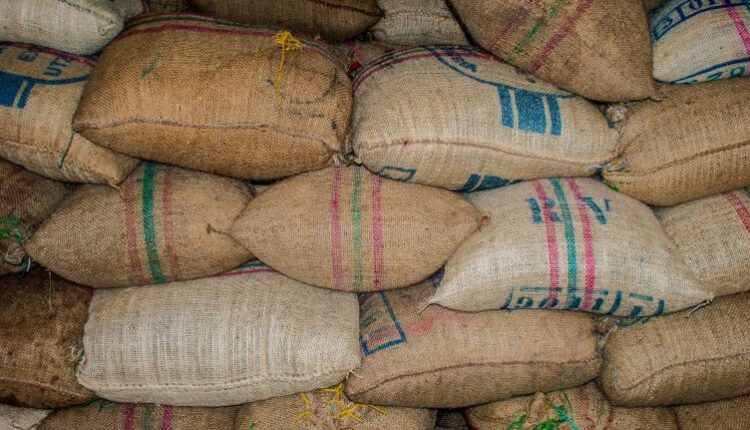Ethiopian Coffee Co-operatives Help Smallholder Farmers Tackle Trade Imbalances – CoffeeTalk
Ethiopia’s rich, well-drained, volcanic soils and highland tropical climate make it ideal for coffee growing. Smallholder farmers cultivate their coffee on small plots intercropped with food and other tree varieties, resulting in unique and distinct flavor profiles. Co-operative membership is crucial for these farmers, as it allows them to negotiate fair deals and understand new exporting requirements.
The Oromia Coffee Farmers’ Cooperative Union (OCFCU) in Ethiopia, which comprises 413 co-ops with 557,186 members, is one of the biggest producers of Fairtrade coffee in the country. The OCFCU is one of the largest producers of Fairtrade coffee in the country. Unity makes synergy, and together, they are stronger.
Coffee-producing countries like Ethiopia are working to comply with a new regulatory landscape that puts increasing responsibilities on farmers to prevent and combat adverse social and environmental impacts. They are also facing production challenges due to climate events, such as rising temperatures and shifting precipitation, which have coincided with a robust global demand, creating a significant market imbalance.
The Fairtrade Premium, an extra sum of money paid on top of the selling price, is essential for coffee farmers, as it provides central collective funding for business or community-related projects. In 2023, Fairtrade-certified coffee co-operatives in Ethiopia earned more than €1.6m in Premium. The YCFCU has used its Fairtrade Premium for social projects, improving the quality, productivity, and sustainability of its coffee, focusing on Good Agricultural Practices from seed selection to harvest, internal management/control systems, compost preparation using coffee by-products, and coffee waste management.
This year, 2025, is the International Year of the Cooperatives, and Fairtrade and the International Cooperative Alliance recognize the importance of the co-operative model in today’s challenging market. Co-operatives help balance imbalances in trade by delivering more services, negotiating better prices, earning more profit for their members, and attracting more capital support.
Co-operatives play an essential role in overcoming many global challenges and accelerating efforts to implement the Sustainable Development Goals (SDGs) by 2030. For Fairtrade, certified farmers’ co-operatives represent the pillars of the community, distributing, sharing, and multiplying local expertise and resources while contributing to skill development and education to improve the health and living standards of their communities.
From an economic development perspective, Fairtrade co-operatives focus on enabling farmers to obtain higher returns by providing training, tools, and resources, promoting collaborative entrepreneurship and economic growth, creating competition within local markets, and accessing finance through loans, grants, and other financing options.
Read More @ Co-op News
Source: Coffee Talk



